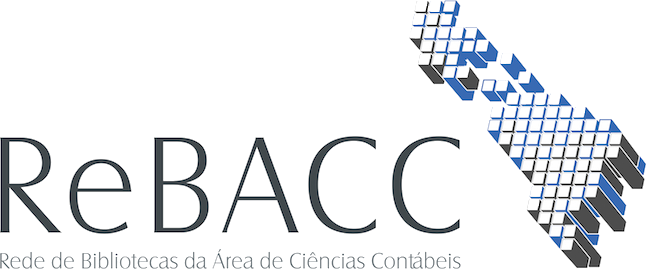Use este identificador para citar ou linkar para este item:
http://rebacc.crcrj.org.br/handle/123456789/7024| Título: | THE INFLUENCE OF POISON PILLS ON EXECUTIVE COMPENSATION |
| Autor(es): | This study was financed in part by the Coordenação de Aperfeiçoamento de Pessoal de Nível Superior - Brasil (CAPES) - Finance Code 001 |
| Palavras-chave: | Anti-takeover Defenses; Poison Pills; Executive Compensation. |
| Editora / Evento / Instituição: | AnpCONT |
| Descrição: | We examine whether the poison pills influence on the executive compensation of Brazilian publicly-traded firms, considering that there is a particularity of this anti-takeover device in Brazilian firms when compared to US firms, since the managers can include in the company's bylaws an "eternity" clause that prevents poison pills change or removal, which may lead to a managerial entrenchment, maintaining managers privileges in the detriment of minority shareholders, including increases in the executive compensation levels. To test our hypotheses, we use a sample of 217 Brazilian publicly-traded firms listed on B3 with available data on Bloomberg® database and Brazilian Securities Exchange Commission website between 2010 and 2017. We use the total, fixed and variable compensations as proxies for executive compensation. However, to mitigate several outliers of these variables, we use the quantile regression as a robust alternative to the extreme sensitivity of the ordinary least squares estimator to modest amounts of outliers. Our main results show that poison pills have a positive influence on total, fixed and variable executive compensation. Furthermore, in an exploratory way, our results show that these "eternity" poison pills also have a positive influence on these proxies of executive compensation. These findings are consistent with the entrenchment hypothesis that since managers are protected in their positions, they may obtain private benefits at the expense of shareholders, such as higher levels of executive compensation. In this sense, our study contributes to the literature by showing that although reducing the risk of a hostile takeover, the poison pills are incurring in an additional agency cost for shareholders that not always leads to the reduction of conflicts between managers and shareholders since these anti-takeover defenses seem not being adopted in the Brazilian context to benefit the shareholders, but to protect managers in their positions. |
| URI: | http://rebacc.crcrj.org.br/handle/123456789/7024 |
| Outros identificadores: | http://asaa.anpcont.org.br/index.php/asaa/article/view/609 |
| Aparece nas coleções: | Revista ASAA |
Arquivos associados a este item:
Não existem arquivos associados a este item.
Os itens no repositório estão protegidos por copyright, com todos os direitos reservados, salvo quando é indicado o contrário.

